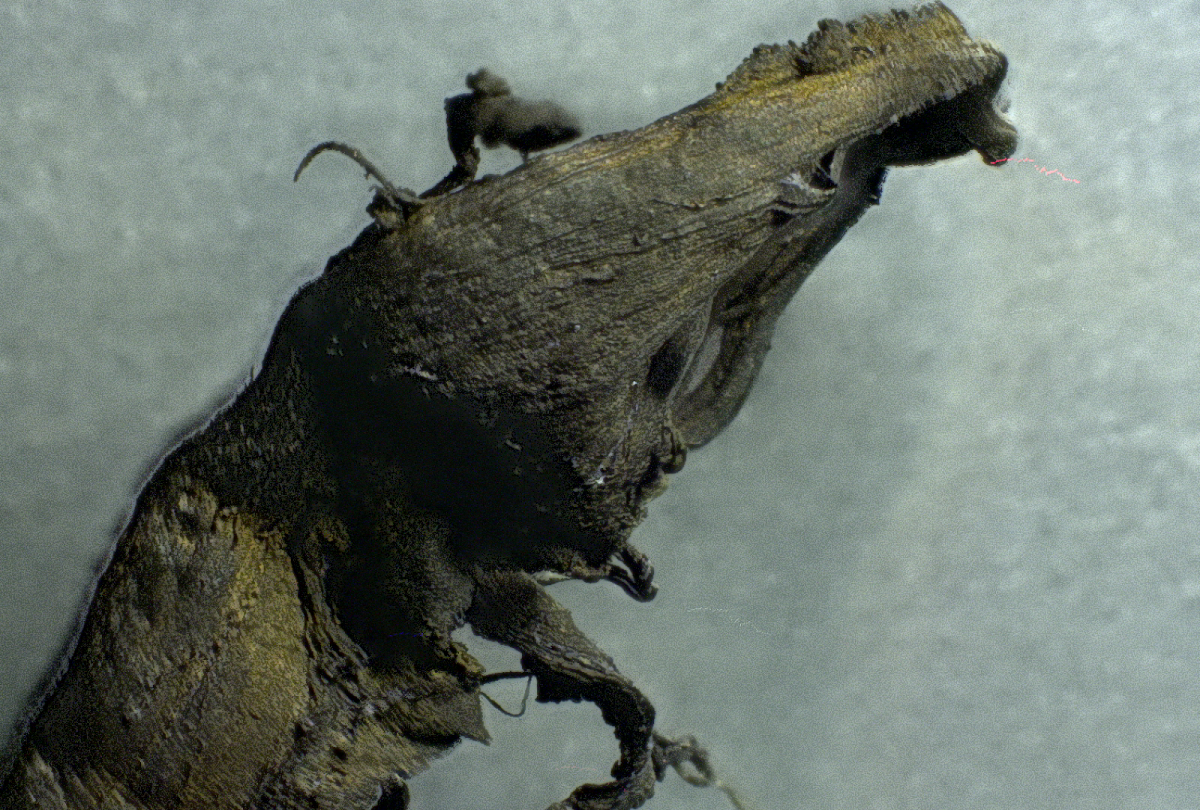Researchers explore the brain-boosting potential of the Himalayan juniper
11/11/2020 / By Evangelyn Rodriguez

Growing in the Himalayan regions of India, Nepal, Northern Myanmar and China is a cold-hardy plant with plenty of traditional uses. Juniperus recurva, also known as Himalayan juniper, is a small ornamental tree that belongs to the cypress (Cupressaceae) family. Known for its aromatic wood and leaves, this plant is widely used to make incense and coffins. Himalayan juniper also bears dark purple, single-seed fruits that are harvested by locals for food and medicine.
According to studies, Himalayan juniper has a wide range of medicinal properties, including antiseptic, astringent, carminative (relieves flatulence), stomachic (promotes digestion), antispadmodic and antirheumatic properties. Extracts derived from its aerial parts have also been reported to have anti-cancer properties. As folk medicine, different parts of Himalayan juniper have been used to treat coughs, colds, fevers, headaches and kidney problems.
In a recent study, researchers at the Guru Nanak Dev University in India discovered another use for Himalayan juniper. They reported that an extract derived from Himalayan juniper leaves can enhance memory in mice with chemically induced impairment. This, they said, may be attributed to its ability to reduce the activity of the enzyme acetylcholinesterase (AChE), which is implicated in Alzheimer’s disease.
The researchers reported their findings in an article published in the International Journal of Green Pharmacy.
The cognitive benefits of Himalayan juniper
According to the researchers, currently available treatments for memory impairment are not as effective as they ought to be. Hence, scientists have turned their attention to screening natural sources — i.e., medicinal plants — in hopes of finding new memory-enhancing agents that can perform better than modern therapies.

For their study, the Indian researchers chose to screen Himalayan juniper because of its reported abundance of phenolic compounds. Phenolic compounds are known for their antioxidant activities, which include scavenging free radicals and inhibiting lipid peroxidation. (Related: Smelling lavender and rosemary essential oils stimulates free radical scavenging activity, protecting cells.)
Excessive free radical production is the cause of oxidative stress, which can easily damage cells, including brain cells. Lipid peroxidation, or the deterioration of lipids caused by free radicals, is also linked to the development and progression of neurological disorders. For instance, in Alzheimer’s disease, oxidative stress and lipid peroxidation induce beta-amyloid accumulation in the brain, spurring disease progression.
Many species from the genus Juniperus have shown antioxidant, AChE-inhibiting and neuroprotective properties. To determine if Himalayan juniper has the same brain-boosting properties, the researchers prepared an extract from Himalayan juniper leaves using methanol. They then characterized the extract using liquid chromatography and subjected it to various assays to measure its antioxidant activity.
For their in vivo experiment, the researchers first induced memory impairment in mice by treating them with the antimuscarinic drug, scopolamine. They then assessed memory acquisition and memory retention in the treated animals using several different maze tests. They also quantified serum AChE activity and evaluated motor coordination and depression before and after treatment with the Himalayan juniper extract.
Phytochemical analysis revealed that the methanol extract contained large amounts of gallic acid, a known anti-inflammatory, antioxidant and anti-tumor agent. The extract also showed excellent antioxidant activity in all the assays used for the study. Meanwhile, in vivo, the researchers found that the Himalayan juniper extract enhanced the memory of scopolamine-treated mice and improved motor coordination. Treatment with the extract also reduced serum AChE activity.
Based on these findings, the researchers concluded that Himalayan juniper could boost memory by preventing AChE from breaking down acetylcholine, the neurotransmitter involved in memory and cognitive function.
Sources include:
HimalayanVoices.org [PDF]
Submit a correction >>
Tagged Under:
alternative medicine, Alzheimer's disease, brain function, brain health, cognitive function, cognitive health, herbal medicine, Herbs, Himalayan juniper, memory, memory impairment, natural cures, natural medicine, plant medicine, remedies, research
This article may contain statements that reflect the opinion of the author





















